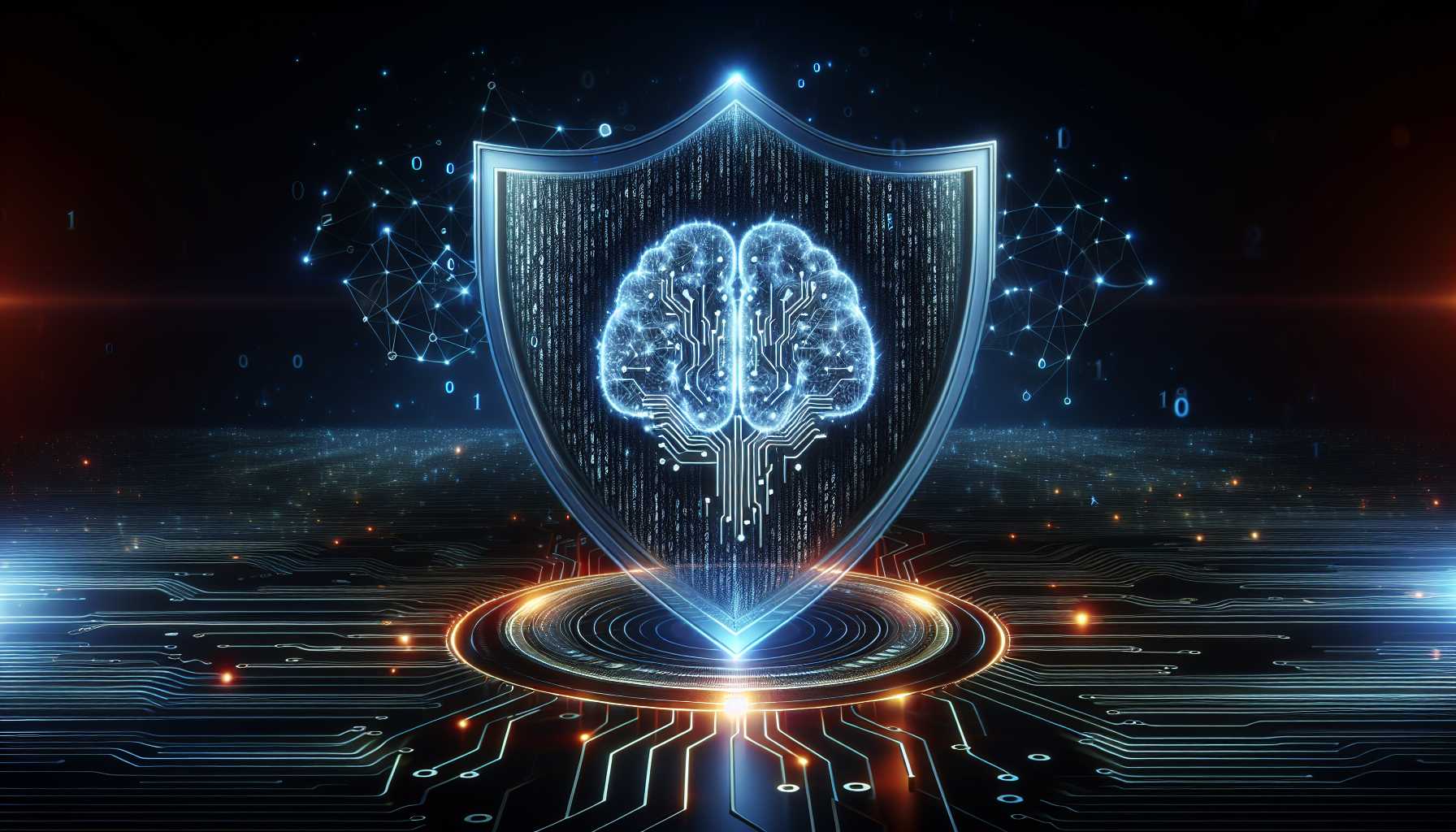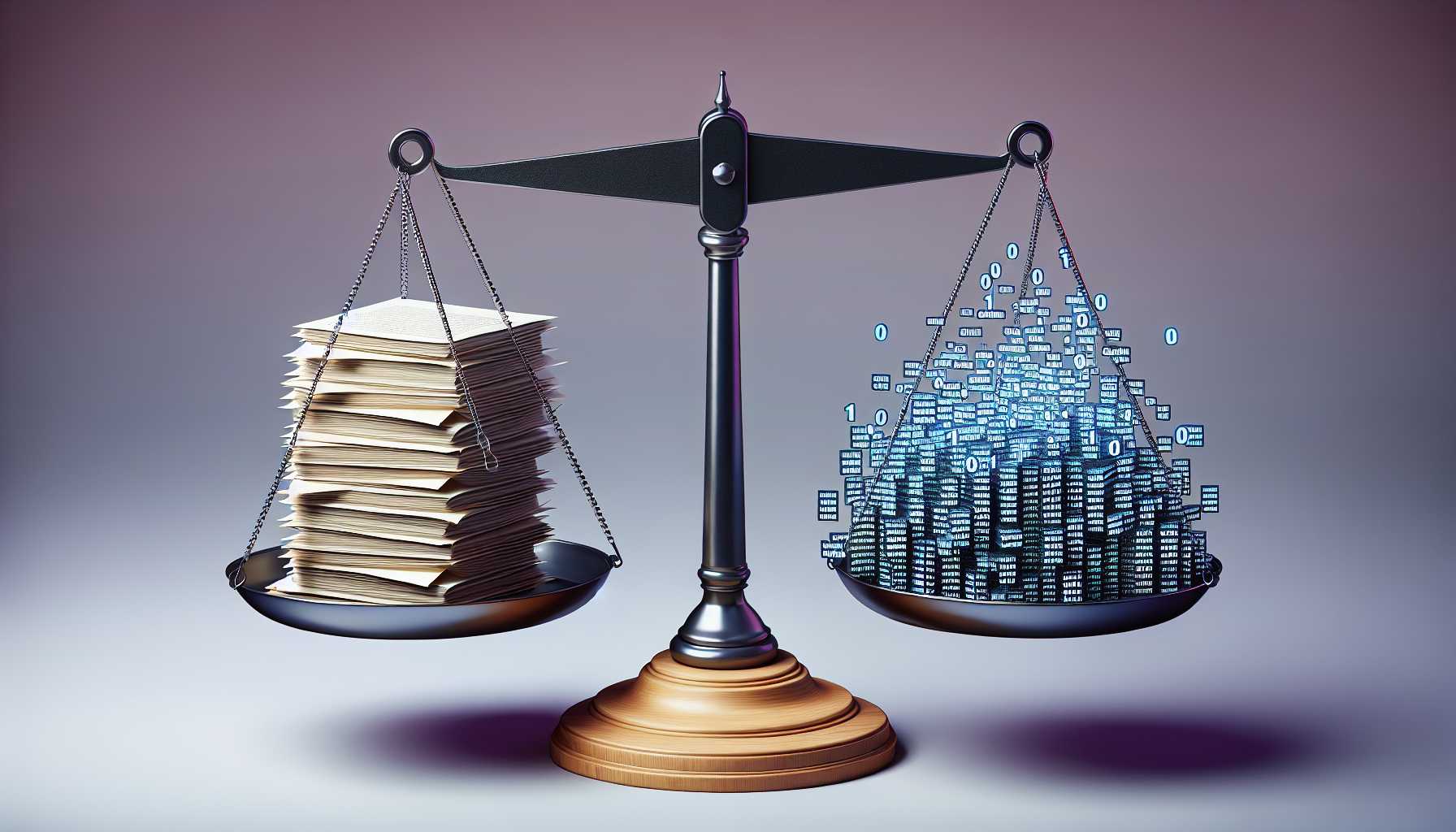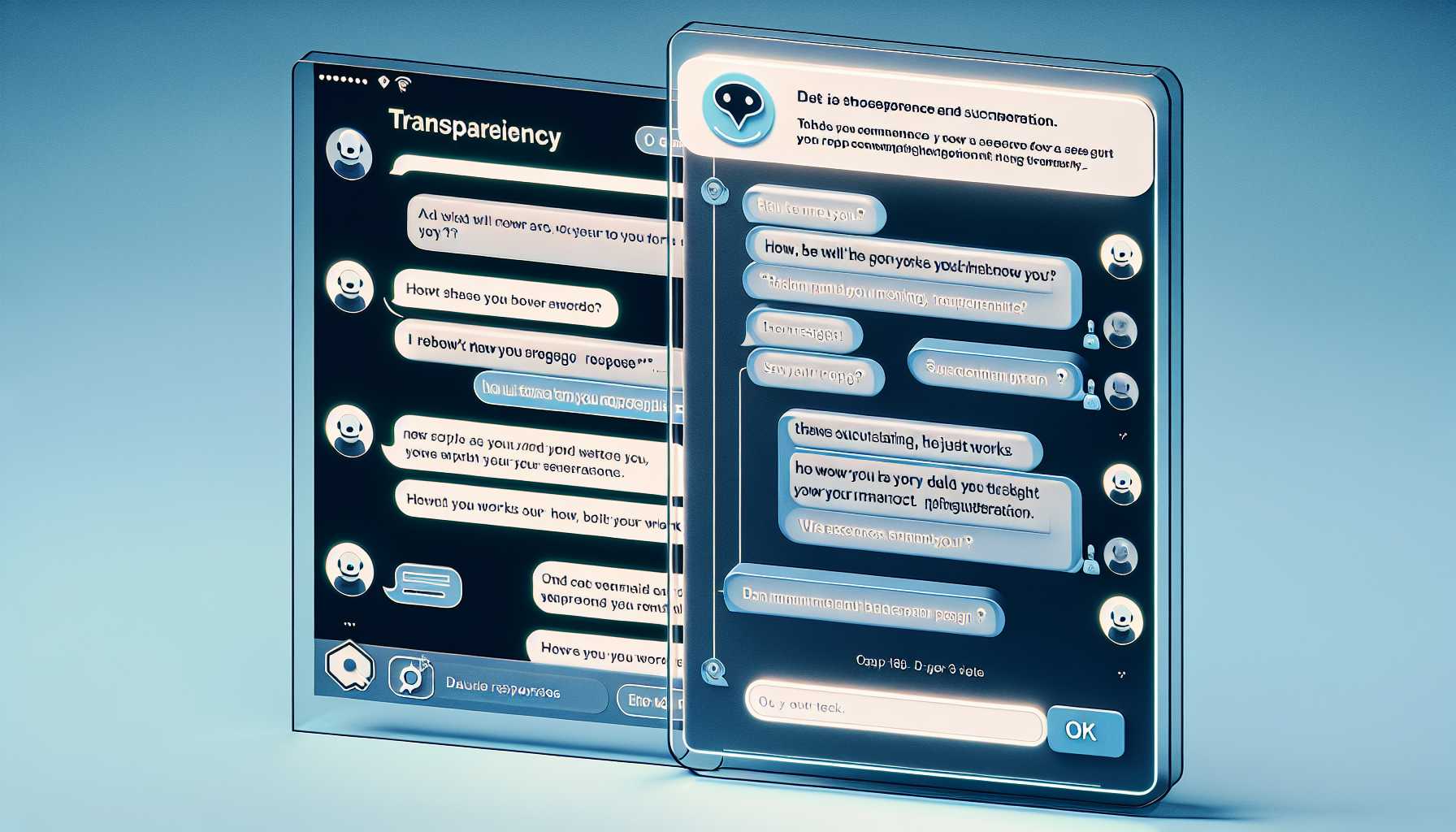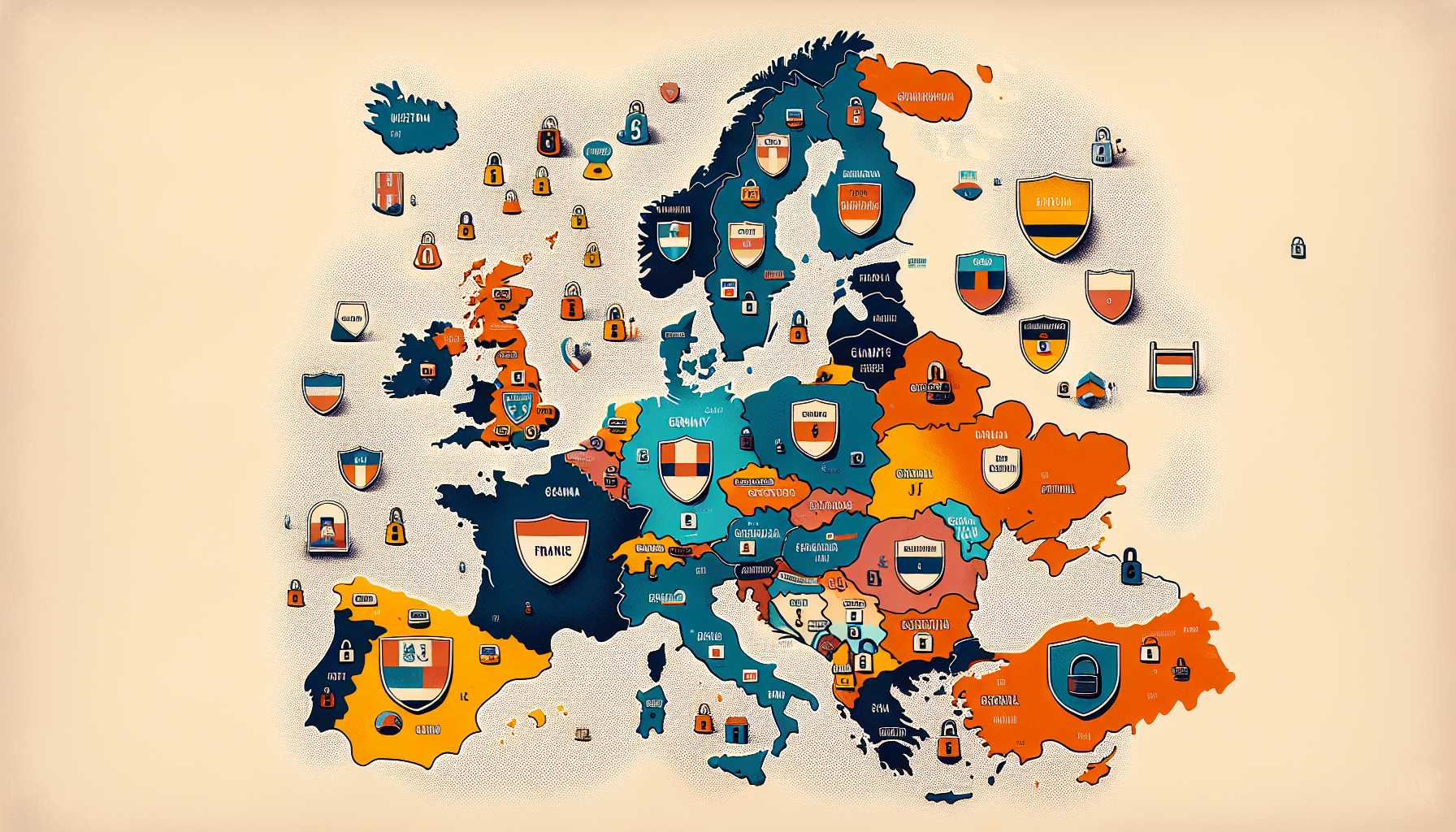Understanding the EU Data Protection Taskforce and ChatGPT
Understanding the EU Data Protection Taskforce and ChatGPT
**An in-depth look at the ongoing scrutiny of OpenAI’s viral chatbot under the GDPR.**
The European Union’s data protection taskforce has been closely examining how the General Data Protection Regulation (GDPR) applies to OpenAI’s popular chatbot, ChatGPT. This analysis is crucial for tech enthusiasts and investors, as unresolved legal issues can significantly impact the development and operation of AI technologies like ChatGPT.
GDPR and AI: A Delicate Dance
The GDPR, the EU’s stringent privacy regulation, applies whenever personal data is collected and processed. This includes the massive data scraping activities of language models like GPT-3 and GPT-4. Every stage of data processing, from collection to filtering and model training, falls under this regulation.
OpenAI faced a temporary ban on processing user data in Italy, highlighting the power of GDPR enforcers. The company had to modify its information practices and expand user controls to resume operations. However, legal battles persist, particularly regarding how OpenAI justifies its data processing methods.
Legal Bases and Legitimate Interests
Under GDPR, an entity needs a valid legal basis to process personal data. Most bases don’t apply to OpenAI, leaving mainly consent and legitimate interests (LI). Consent isn’t practical given the scale of data involved, so OpenAI relies on the LI basis. This involves balancing their interests against the rights and freedoms of data subjects (users).
This balancing act requires adequate safeguards, such as limiting data collection to what is absolutely necessary. The taskforce suggests technical measures to mitigate privacy risks and anonymizing data at early stages to align with GDPR requirements.
Transparency and Hallucinations
AI’s tendency to “hallucinate” or generate incorrect information is another major concern under GDPR’s accuracy principle. The taskforce strongly recommends that OpenAI be transparent about the probabilistic nature of ChatGPT’s outputs. This involves clearly informing users that generated texts might be biased or incorrect.
The Dilemmas of Enforcement
Data Protection Authorities (DPAs) have varied attitudes regarding the urgency of enforcing GDPR on new technologies like ChatGPT. While some, like Italy’s watchdog, took swift actions, others, like Ireland’s DPA, have been more methodical. OpenAI’s recent decision to set up an Irish entity could further influence enforcement dynamics.
What’s Next for ChatGPT and GDPR?
The taskforce’s final report on ChatGPT and GDPR is expected in a year. This delay provides a temporary respite for OpenAI. However, the regulatory landscape remains uncertain, with AI developers needing to tread carefully and balance innovation with data privacy.
Conclusion
The ongoing scrutiny of ChatGPT under the GDPR highlights the complex interplay between technological advancement and data privacy. As AI continues to evolve, finding the right balance between these two aspects will be crucial for sustainable progress in the field.





